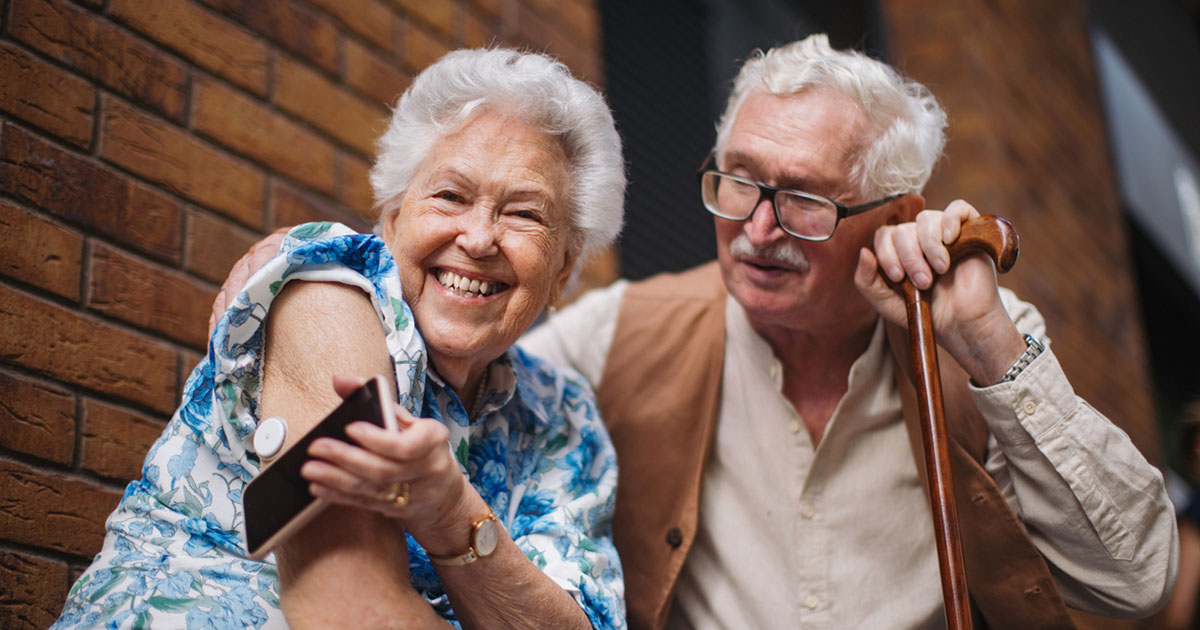Equal access to high-quality healthcare was, and remains, the fundamental principle behind the NHS. However, the ten-year review in 2020 of Michael Marmot’s original report on how to reduce health inequalities showed that the health gap between wealthy and deprived areas of England had grown (Marmot et al, 2010; 2020). This disparity becomes especially evident in the care and outcomes of long-term conditions, such as diabetes, where socioeconomic deprivation and ethnicity are significantly associated with poorer outcomes (Public Health England, 2017a; 2017b).
In our diabetes quality improvement work in a deprived North East London borough, we found that healthcare variations can be reduced consistently and reproducibly by designing the services around the population, for example by enhancing the call–recall management, having local clinical leadership and setting achievable targets (Gupta, 2018; Gupta et al, 2020). Our work led to significant improvements in diabetes care in a short period of time. For example, the percentage of patients who received all of the NICE eight care processes increased from 28.4% to 67.2% between 2016 and 2018, and positive results have continued thereafter.
However, our endeavours had so far not improved the patient engagement in structured education – despite the fact that increasing the referrals to a diabetes structured education programme has been an integral part of this Diabetes Improvement Scheme. Indeed, the referrals to the programme have progressively increased over the last few years. The National Diabetes Audit showed that in 2019–20, 81.9% of patients with type 2 diabetes were referred to diabetes structured education within 12 months of diagnosis but, disappointingly, only 12% attended.
Patient education and empowerment is fundamental to good diabetes care and the avoidance of life-changing complications. People with diabetes spend less than 1% of their time with healthcare professionals and more than 99% of their time caring for themselves. NICE recommends that adults with type 2 diabetes are offered a structured education programme at diagnosis. Evidence shows that engagement with diabetes structured education programmes is an effective intervention, and improves fasting blood glucose levels, glycated haemoglobin and diabetes knowledge. It also reduces systolic blood pressure levels, body weight and the requirement for diabetes medication (Deakin et al, 2005).
We knew that we were not alone in facing this problem. The uptake of diabetes structured education is poor generally in the UK, but remarkably so in deprived areas and in ethnic minorities. Communication problems, language differences, migrant status, low socioeconomic position, lack of relationships with healthcare professionals and lack of support to integrate with a new community within the structured education programme have all been shown to reduce the engagement with structured education programmes in deprived communities (Allory et al, 2020; Hadjiconstantinou et al, 2021).
A further reason to be concerned about the low uptake of diabetes structured education amongst deprived and multi-ethnic communities is that these communities are worse affected by type 2 diabetes. For example, it is up to six times more likely to develop in people of South Asian descent, and up to three times more likely in African and African-Caribbean people (Pham et al, 2019). Women from the BAME population are also at higher risk of developing gestational diabetes during pregnancy (Hedderson et al, 2010). Apart from the higher prevalence, the onset of type 2 diabetes in ethnic minority populations occurs 10–12 years earlier than in white British counterparts, with a significant proportion of cases being diagnosed before the age of 40 years (Goff, 2019). Early onset of type 2 diabetes is associated with an increased risk of microvascular and macrovascular complications, with significant personal and societal impacts.
Barking and Dagenham is an area of significant deprivation in North East London, with some of its wards amongst the 10% most deprived in the country. As is typical of deprived and multicultural populations, the borough has a higher prevalence of diabetes than the UK average (8.3% vs 6.9%), with the population affected being significantly younger (<40 years 8.2% vs 4.0%) and more ethnically diverse (BAME 53.8% vs 21%).
The already low uptake of diabetes structured diabetes education was further worsened by the COVID-19 pandemic, owing both to the suspension of services and the reduction in the offer of routine long-term conditions management in primary care. As it emerged that populations in deprived areas and those affected by diabetes had a significantly higher risk of morbidity and mortality from COVID-19, increasing the uptake of diabetes structured education to empower our patients became a priority.
To overcome the known barriers of engagement with diabetes structured education, we chose a solution that would be flexible and personal for our patients, and in keeping with their cultural and socioeconomic backgrounds. We opted for a programme that could be delivered remotely, but could be tailored to support different learning styles (e.g. via an app run on a mobile device or a traditional one-to-one telephone call). The timing would be flexible to suit our young, working class population (evening and weekends), and the content was personalised and culturally sensitive.
The service was commissioned in January 2021 and a total of 1399 people were referred to the programme between January and June 2021. The engagement of harder-to-reach populations was a focus of the service. People were matched to dietitians from their own culture and language. Patient-facing learning modules were used to tackle misconceptions and blockers (e.g. mistrust in Western medicine, misunderstanding of risk and ethnicity, and BMI), and the service engaged participants in their preferred first language, which included Bengali, Urdu, Tamil and Punjabi.
The results were very positive. The total average weight loss for those completing the programme was 3.6 kg, and the average diabetes self-management confidence score increased from 6/10 at baseline to 8/10 at 12 weeks. 51% of attenders were male, 82% of participants were of working age and 72% of other ethnic origins, demonstrating greater access for those who are usually under-represented at diabetes structured education. In ethnic minority communities, the programme had a 76% conversion rate from referral to attendance, and for all individuals it was 72%. The previous conversion rate for all patients in Barking and Dagenham was just 10%.
Faced with health inequalities, compounded by the devastating and differential effects of COVID-19, the NHS founding principle of equal access to health care is not enough. To address inequalities and successfully engage people in preventative care, the healthcare provision must be equitable in its design if it is to appeal to those with need, and achieve both engagement and improved outcomes. n
Acknowledgements
The authors would like to thank Oviva Group, and the Barking and Dagenham PCNs and federation, Together First.






The mortality benefits of smoking cessation may be greater and accrue more rapidly than previously understood.
2 Apr 2024